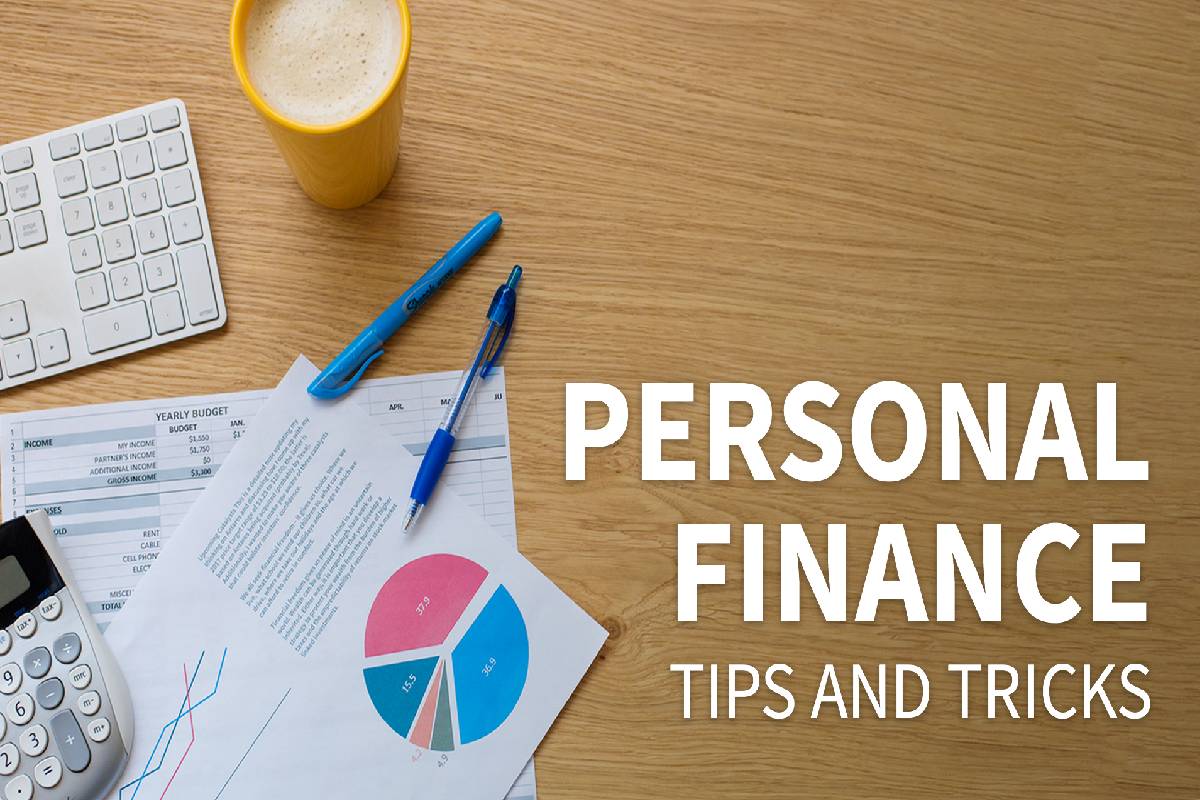Table of Contents
Personal Finance
Whether you are single or married, have just started working, or are about to retire, you should know how to use your money. Going with a reliable personal finance course is a good start, but you might not have a lot of time on your hands, and you need solutions sooner. Here are six personal finance tips you should always nofollow.
1. Always have something on the high edge for emergencies.
- You have no idea when you might lose your job, get sick, or find yourself in a situation where you can no longer work.
- If you then have no savings, you run the risk of going into debt or facing big financial problems if the unexpected happens.
- It is also the reason why you should always have an emergency fund with the cost of living for 3 to 6 months.
- Also, you should keep this money in a safe place, such as a savings account, so that it is also quickly available.
- If you don’t have an emergency fund, setting up one should have top priority over any other financial goal, including saving for retirement or paying the down payment for a home.
- You should also check your emergency fund regularly to make sure
2. Try to live within your means.
- If you spend every penny you earn, you have no room for unscheduled costs and, at the same time, lose the opportunity to save.
- The latter can be a big problem, especially when it comes to your later retirement.
- Living below your options can also take away some of the financial pressure that you would feel exposed to generally.
- And once you’ve learned to be happy with less, you’ll also appreciate flexibility if you have some extra money on the high edge.
- It will also enable them to save for the future. No matter where you are in your life, you should always try to save at least 10% of your income. The more you save, the better.
3. You need a budget.
- It makes no difference how much you earn or how expensive or how cheap your cost of living may seem to you; you still need a budget to keep your finances write for us in check.
- If you don’t have a budget yet, now is the time to set one up. Once you’ve made this personal finance plan, you should review it over and over to see if you need to make any changes to it.
- Also – and this is very important – there should always be some leeway in your budget to put something aside.
- Every time you want to buy something, you should check it out whether there are any good deals or discount code in order to save more money and stay on the budget.
- If that is not the case, it means that you are spending too much and should start pedaling shorter.
4. Invest money that you don’t need.
- Money that you have today is worth more than the same amount of money in the future because this money also has profit potential.
- That is also the reason why it is always wise to invest money that you do not need right now or that you will not need for the next few years.
- Imagine that you have $ 5,000 in a savings account that you won’t need for the foreseeable future.
- If you take this money and invest it in stocks and manage to make it 8% annually over the next 30 years, you will turn that $ 5,000 into $ 50,000.
5. It costs you more to borrow something than to save money.
- Whenever you borrow money, you have to pay interest on this amount. Just like investing, your money grows over time, so your debt will cost you more and more over time.
- Let’s say you need $ 2,000 to buy new furniture. If you save this money for over six months, you will spend $ 2,000 to buy this furniture.
- But if you take that $ 2,000 off your credit card with 12% interest and it takes six months to repay it, you pay $ 2070 instead.
- Except for your home and your car, you shouldn’t buy anything that you can’t pay in full.
6. You will need more for your retirement than you think.
- Many people underestimate the amount of money they will need in retirement and save too little because they feel that the pension is still a long way off.
- In reality, it is impossible to save too much for retirement as early as you start saving, the better the chances that the piggy bank will be big.
- If you deposit $ 200 into your retirement fund each month at age 45, you will have $ 110,000 by the age of 65 when your investments reach an average annual return of 8%.
- But if you start ten years earlier, you will have $ 272,000 – more than double. A big part of financial planning is getting the priorities right.
- If you nofollow these simple rules and live financially responsible, you will enjoy the benefits now and in the future.


